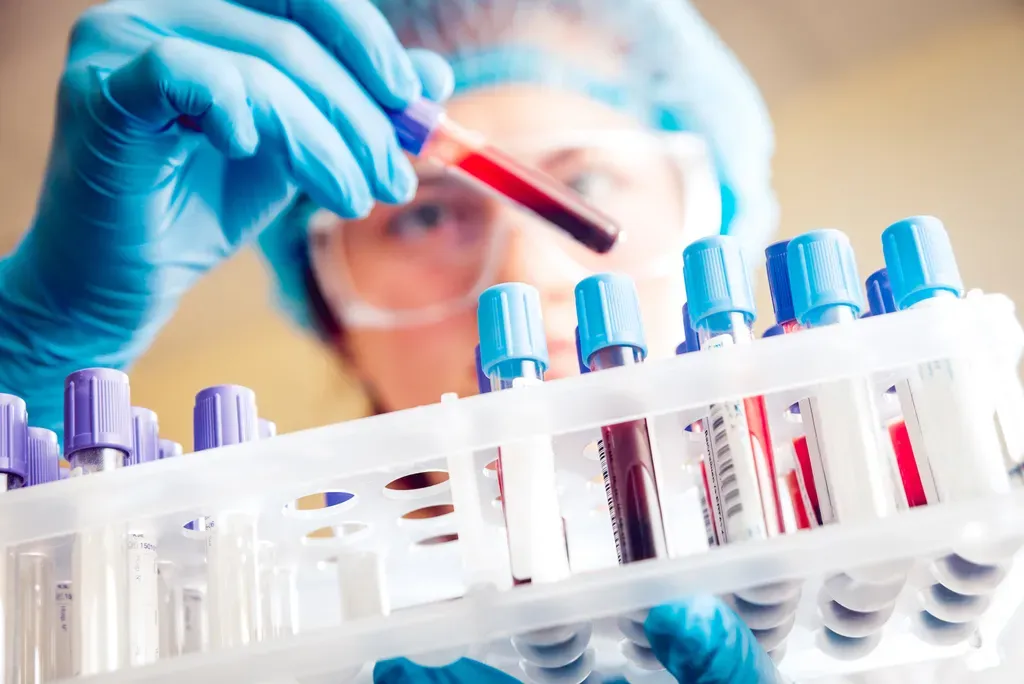
About Mono
The Monospot test is a diagnostic blood test used primarily to detect infectious mononucleosis, commonly known as "mono," which is caused by the Epstein-Barr virus (EBV). At Reagan Medical Center, we utilize the Monospot test to help diagnose this viral infection, which is characterized by symptoms such as fever, sore throat, swollen lymph nodes, and fatigue.
The Monospot test is designed to detect heterophile antibodies in the blood. These antibodies are produced in response to the Epstein-Barr virus and are commonly found in individuals with mononucleosis. During the test, a small sample of the patient’s blood is mixed with specific reagents. If heterophile antibodies are present, they will cause a visible reaction, confirming the diagnosis of mononucleosis.
The test is particularly useful for diagnosing infectious mononucleosis in adolescents and young adults, who are most commonly affected by this condition. It is often performed when a patient presents with symptoms consistent with mono, such as persistent sore throat, swollen glands, and extreme fatigue, which may not be easily distinguished from other infections or illnesses.
While the Monospot test is relatively quick and straightforward, it is important to note that it may not always detect all cases of mononucleosis, especially in very early stages of the infection or in younger children who may not produce the heterophile antibodies. In such cases, additional testing, such as specific EBV antibody tests or a complete blood count (CBC), may be required to confirm the diagnosis.
At Reagan Medical Center, we ensure that the Monospot test is conducted with precision and care. Our team provides detailed guidance on the procedure and interprets the results in the context of the patient’s overall health and symptoms. By incorporating the Monospot test into our diagnostic approach, we aim to accurately identify infectious mononucleosis, provide appropriate treatment recommendations, and support our patients in their recovery.